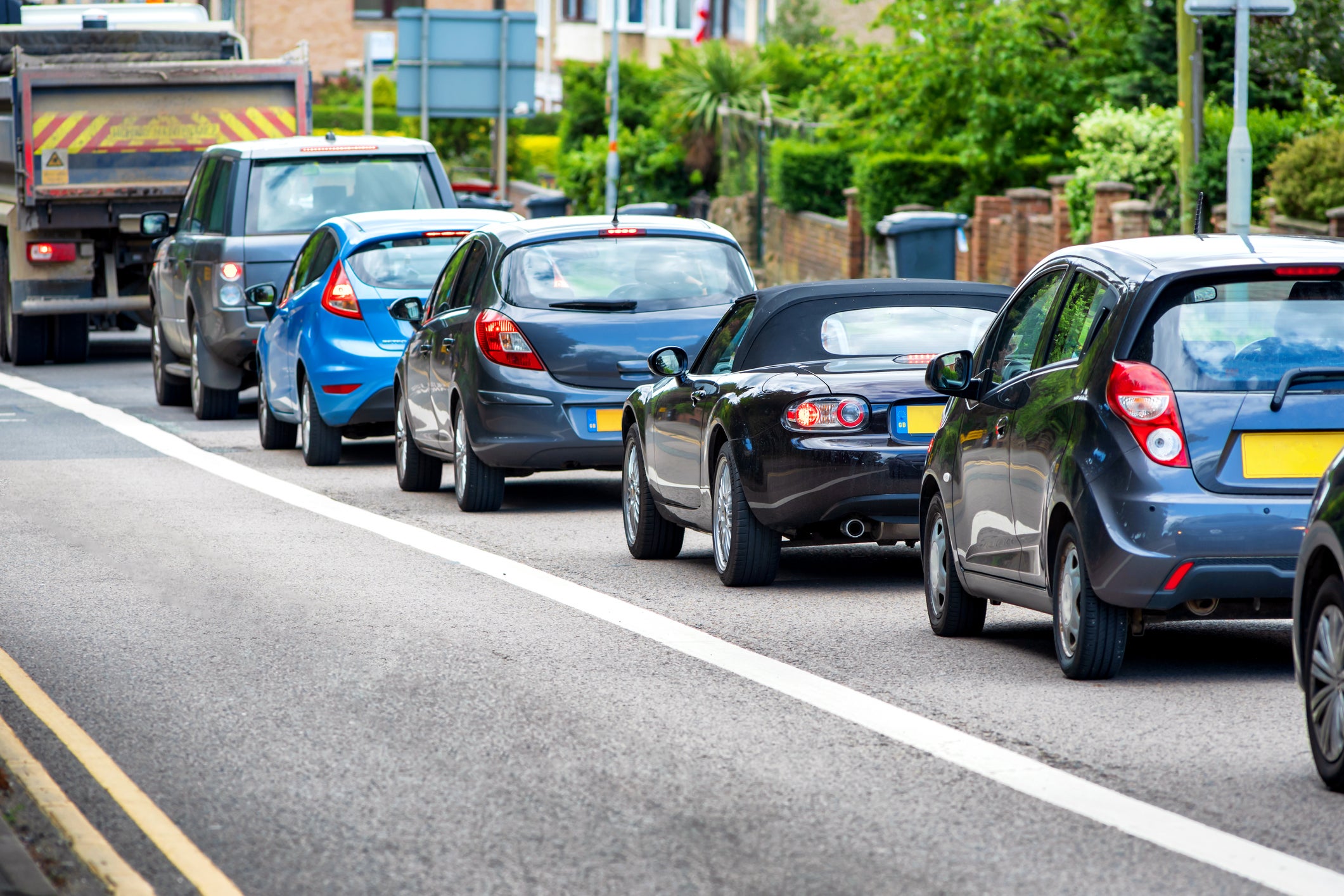Insurance companies must hit the brakes on excessive premiums
Editorial: Having inflicted indefensible price hikes on drivers – and during a cost of living crisis – insurers won’t need a satnav to tell them which direction they ought now to take

Not least of the problems facing families trying to get through the cost of living crisis is the rapid rise in car insurance premiums. They’re up by more than a half since last year – way ahead of any increase in the cost of repairs or in other costs.
Inflation may explain part of these shocking increases, but it cannot account for all of it. It is an intolerable situation, made worse by the mysterious ways of the insurance sector. They have been among the worst abusers of misplaced customer loyalty, or “inertia”, over the years.
It’s a big problem. Motoring is hardly the preserve of the rich, with many relying on their vehicles for work, for family duties, or, in rural areas, to access basic services such as shops and their GP.
It is therefore a continuing source of anxiety that they may not be able to use their car so easily, or even at all. As so often, it is the young and the old who are taking the brunt of the increases, at the same time as they are having to cope with rising rents and grocery bills, respectively. As a result, and with food, gas and electric bills still high, people are having to make uncomfortable choices about things they used to take for granted in their lives.
In the case of motor insurance, it is more difficult to minimise the expense because it is required by law. To many, the insurance companies are behaving in an oppressive and arbitrary manner. Motor insurance is a complicated business, but also one that seems to be unusually opaque, and for no good reason. The sector seems not to be interested in curbing their absurd hikes in fees, and the companies and comparison websites concerned need to be investigated by the Competition and Markets Authority (CMA).
There is some urgency attached to getting to this destination. Tens of thousands of drivers are increasing the excess on their policies or switching to third-party-only cover in a desperate bid to cut costs, as The Independent reports today. However, such behaviour, leaving third-party-only insurance at the absolutely lowest legal level, is deeply concerning, and it only takes one incident on the road for such a move to turn out to be a false economy – or worse.
Much the same may be said about setting voluntary excess thresholds very high: a relatively small amount of damage to a vehicle can be unaffordable to those just about managing, as householders or as businesses. For those unfortunates, their personal transport is lost, and their lives devastated. Their car or van is written off, and so is their immediate prospect of making a living.
For those who react to the surge in premiums by driving without insurance at all, things may take a tragic turn, either for themselves or for others killed or injured in a road traffic accident. We’ve already seen, for some years now, how sadly often young and inexperienced drivers – the ones actually most in need of cover – feel they have no alternative but to take to the road uninsured. Nothing can possibly condone such irresponsibility, but it’s a commercial fact that this trend has also contributed to higher premiums for all – setting up a vicious circle.
It is now a decade since the CMA last opened up an inquiry into motor insurance, and another one is overdue. The previous investigation uncovered some surprisingly disturbing aspects of the way the price comparison sites work that, ironically, had the net effect of pushing premiums higher for drivers taking the usual advice to “shop around”.
The CMA also identified some in-built conflicts of interest in various parts of the motor trade, as well as confirming the well-evidenced rise in criminal gangs making bogus and excessive claims for personal injury (as well as the legitimate, but expensive, trend to “no win, no fee” litigation more widely).
Similarly damaging practices may well have crept into the motor insurance market since, and they need to be identified and rectified as soon as possible. More and more cars are being fitted with semi-autonomous “driver assistance”, such as adaptive cruise control set to speed limits, and the government is set on making fully autonomous cars lawfully available for use on public roads – raising still more difficult challenges for insurance and the legal framework.
Electric cars, too, with their particular design and different type of fire risk, are another emerging issue. Consumers need to be reassured that the insurers are able to perform in the way expected of them, and to do so at a realistic price. The CMA shouldn’t need satnav to tell it the direction it needs to take.
Read More: Why is car insurance so expensive?
Join our commenting forum
Join thought-provoking conversations, follow other Independent readers and see their replies
Comments
Bookmark popover
Removed from bookmarks